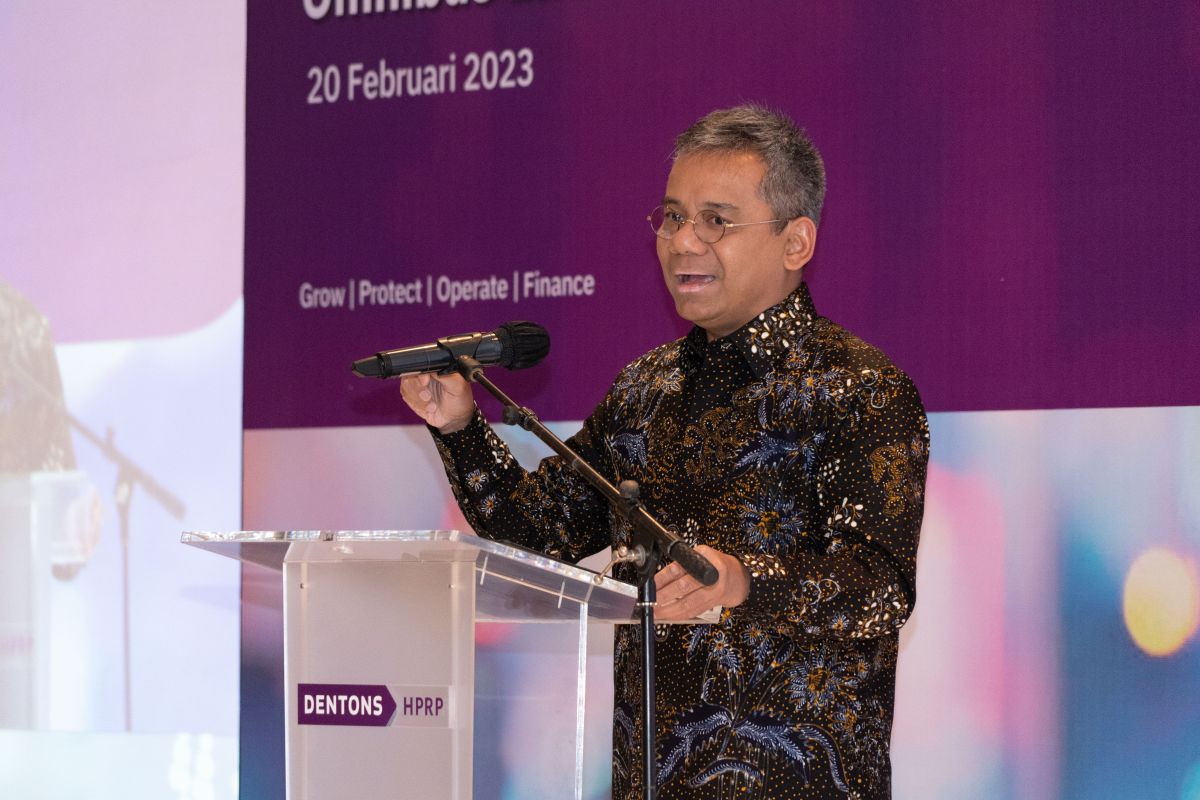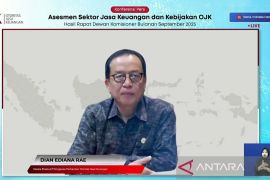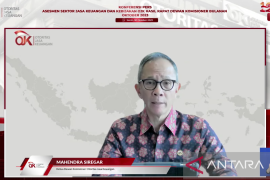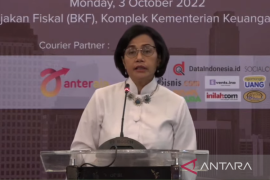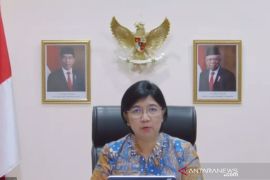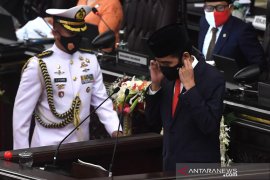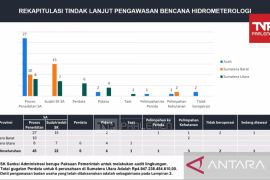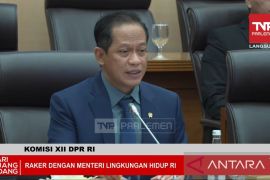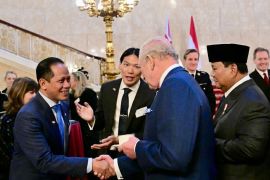“Firstly, to strengthen public trust in financial service institutions. Secondly, the logic of the digital financial sector and its innovations,” he said in a statement received in Jakarta on Thursday.
He delivered the statement at a seminar “Dentons HPRP Law and Regulations Outlook 2023: The Omnibus Law on the Financial Sector: Discussing Challenges and Anticipations of the Implementation of the Law No. 4 of 2023 concerning the Development and Strengthening of the Financial Sector (UU P2SK),” which took place here on Monday (February 20, 2023).
The third pillar involves efforts to promote long-term fund accumulation. “Fourthly, the state protection of financial product consumers. And lastly, financial sector literacy and inclusion,” he said.
According to the managing partner of Hanafiah Ponggawa & Partners (Dentons HPRP), Sartono, Law No. 4 of 2023 regulates a number of crucial matters.
The UU P2SK is expected to bring larger opportunities for adopting Environmental Social Governance (ESG) in the financial sector.
“The UU P2SK is expected to strengthen the governance of the financial sector and to improve public trust to achieve welfare and consumer protection,” Sartono said.
The seminar on Monday was held to commemorate Dentons HPRP’s 33rd anniversary in Indonesia, where it was established in 1990, he added. The seminar was expected to make a positive contribution to the public and push for a conducive business climate, he continued.
Meanwhile, a senior executive analyst at the Financial Services Authority (OJK), Greta Joice Siahaan, summarized OJK’s priorities in the landscape of financial sector reform, as stipulated in the UU P2SK, namely the spin-off policy and the consolidation of bank sharia units and insurance companies.
“The reform priorities covering the preparation of the implementation of the policy assurance that must be established by 2028, strengthening of the market conduct supervisory. The UU P2SK also gives a new mandate, namely to regulate cooperatives, digital financial assets, and crypto assets,” Greta said.
A partner at Dentons HPRP, Erwin Kurnia Winenda, discussed the opportunity for the implementation of UU P2SK from the scope of BPR, as well as regulating the financial instrument management agencies and trustee management of both legal entities and individuals.
“The UU P2SK regulates the trust organizations. Not in a sense of existing trustees, but more on adopting a common loan system. However, the regulation still requires clarification regarding foreign ownership and other aspects as well,” he explained.
At the same event, deputy chair of the Indonesian Chamber of Commerce and Industry (Kadin), Shinta Kamdani, said that the implementation of ESG is inevitable as business profits no longer solely rely on financial profits and performance.
According to her, investors see ESG as a key factor that reduces the risks of investment, along with increased awareness on climate change, human rights, and transparency of consumer protection.
Meanwhile, Dentons Rodyk partner Ipshita Chaturvedi said that by neglecting ESG, the long-term loss could potentially grow larger. In 2021, the fund to tackle the impact of climate change rose from US$850 billion to US$940 billion. The figure reflected an increase of 28 percent to 42 percent from the figure in 2020.
The final speaker at the event, Dentons HPRP partner Fabian Buddy Pascoal said that UU P2SK requires the financial industry sector to implement a sustainable system to integrate environmental conservation, good corporate governance, and people’s social life.
“Both ecological and economic interests must go well together. Humans may forgive, but nature cannot. One thing to remember is that we all live in one boat. We all have the same calling to save the boat and implement ESG,” Pascoal said.
Related news: ASEAN discusses 2025 blueprint development for financial sector
Related news: Ministry, OJK intensify cooperation in digital financial sector
Reporter: Azis Kurmala
Editor: Tia Mutiasari
Copyright © ANTARA 2023
